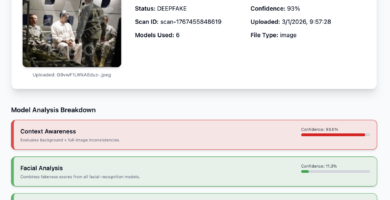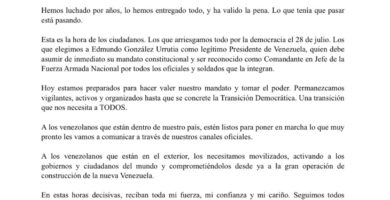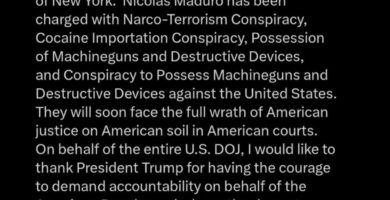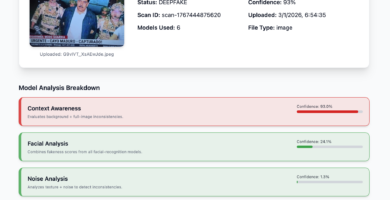The function of moderator in a nuclear reactor slows down fast-moving neutrons, which increases the probability of nuclear fission occurring. This is important because slow-moving neutrons are more likely to be captured by uranium or plutonium nuclei, which can then split and release energy.
The moderator helps to maintain a chain reaction in the reactor core by ensuring that the neutrons produced by fission have a high probability of causing additional fission events. Without a moderator, many of the neutrons produced by fission would escape from the core without causing additional fission events.
The most common material used as a moderator in nuclear reactors is water, which is inexpensive and readily available. Other materials, such as graphite or heavy water, can also be used as moderators, depending on the design of the reactor.
The moderator also helps to regulate the rate of the nuclear reaction by slowing down the neutrons. If the reactor becomes too hot, the moderator can be adjusted to slow down more neutrons, reducing the rate of the reaction. Conversely, if the reactor is not producing enough energy, the moderator can be adjusted to allow more neutrons to interact with the fuel, increasing the rate of the reaction.
The design and operation of the moderator is critical to the safety and efficiency of a nuclear reactor. If the moderator fails, the reactor may become unstable, leading to a loss of control over the nuclear reaction and the potential release of radiation. Therefore, the moderator is closely monitored and maintained to ensure its proper function.

Cuando las cookies no son suficientes: cómo el rastreo del navegador amenaza tu privacidad en línea (y cómo combatirlo)

The Actual Story of the Top Secret Slot Strategy

Trump confirma captura de Maduro en conferencia desde Mar-a-Lago

Imagen oficial confirma captura de Maduro: publicada por Trump, replicada por la Casa Blanca y validada como auténtica

Deeptrack Gotham: imagen de Maduro con uniforme es auténtica según análisis

Nueva imagen de Maduro capturado también presenta signos de manipulación digital

Corina Machado: “Esta es la hora de los ciudadanos”

Habrá que hacer algo con México: Trump tras ataque en Venezuela

Maduro rumbo a Nueva York y Delcy en Moscú: lo que se sabe hasta ahora

Imagen de la captura de Maduro: análisis preliminar sugiere posible manipulación digital


